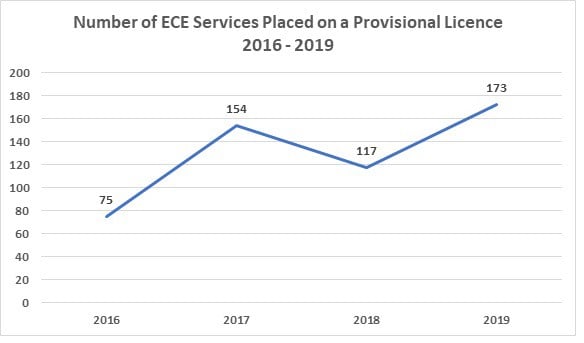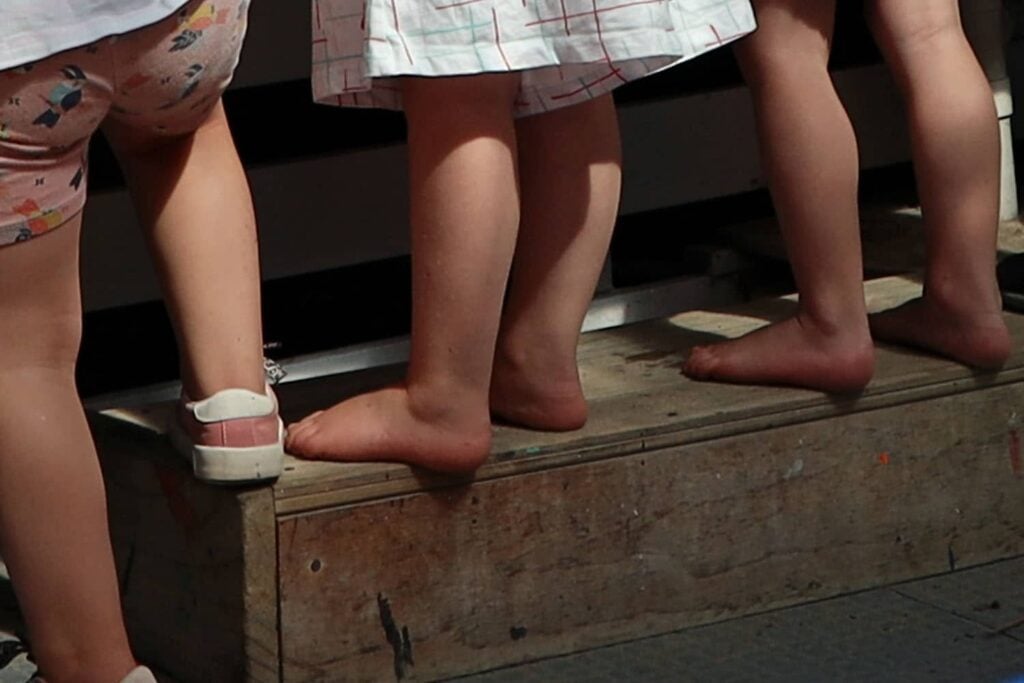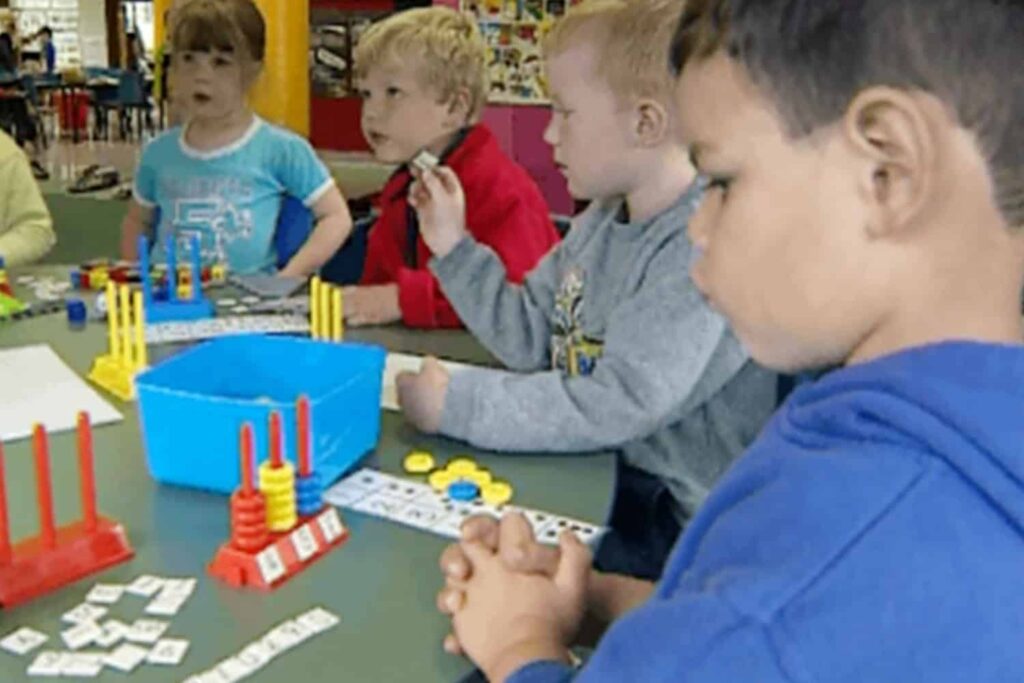Regulation Breaches 2019 Update.
26/02/2020: The Ministry of Education notified that it had made error in recording a service as having a licence that was cancelled when it was in fact on a provisional licence. The article below has therefore been updated to reflect this – a total of 173 services (and not 172 services as originally reported) were placed on provisional licence in 2019.
See the list of services that had their licence downgraded or withdrawn due to non-compliance in 2019.
An analysis
Dr Sarah Alexander
25 February 2020
The minimum that is acceptable for the safe operation of a service for children is set out in the licensing requirements and regulations. This is not quality. So, to fall below the minimum threshold is serious.

In 2019, 173 services were downgraded from a full to a provisional licence due to breaching regulatory requirements, 56 more than in 2018.
Some services were placed on a provisional licence in 2018 only to be found with licence breaches again in 2019. The repeat offenders were:
- New Shoots Children’s Centre (Cameron Rd), Tauranga
- Discoveries Educare Gillies Ave Newmarket, Auckland
- Bright Stars Early Education Centre, Whangarei
- Happy Times Childcare, Te Puke
- Wainui Playcentre, Wainui-Gisborne
- Te Whare Aroha O Nga Mokopuna Early Childhood Centre, Hastings
- Aynsley Street Preschool, Timaru
- Childsplay Homebased Education Service, St Andrews
The following services held provisional licences in 2018 and 2019 and it is not clear from information supplied by the Ministry of Education if they were repeat offenders or if the timeline for the first provisional licence was simply extended:
- Montessori Milestones Preschool, Tauranga
- Mini Miracles Educare Claudelands, Hamilton
- Juni Uni II Ltd, Hamilton
- Kidz Paradise, Christchurch
- Murupara Educare Centre, Murupara
- Te Kōhanga Reo o Te Kapua o te Rangi, Pahiatua
- Children First Pre-School, Leeston
The number of services closed by the ministry after coming to its attention for breaching regulations increased from 9 in 2018 to 24 in 2019. However, the number of licence suspensions dropped from 45 in 2018 to 31 in 2019. (Note that in total 33 services received licence suspensions in 2019, but two of these services Kids Kingdom in Awaranui and Central Kids Kindergarten Rotorua East have no reasons specified as to why under the regulations the ministry issued a licence suspension, other than that the suspension was voluntary on the part of the services concerned.)
What a shambles!
The monitoring of early childhood service standards continues to be inadequate and irregular.
The Ministry of Education is the licensing authority. The ministry inspects and checks that a new service complies with regulations and if it is approved then it is issued with a life-time licence. The Ministry does no further licensing checks. There is no annual ‘Warrant of Fitness’ system for ECE services.
The ECE sector operates on a high trust model. Following a serious incident, a parent complaint, or a referral from the Education Review Office (not a regulatory body) the Ministry may, if it chooses, do a full or partial licensing inspection.
When a licence is downgraded the centre must prominently display the new licence for all parents and visitors to see. The intent of this requirement according to the Ministry of Education is to ensure that “parents are aware of key regulatory information relating to the service’s operation (thus providing an additional level of accountability for the service)”. However, this may not always be the case. For example, parents spoken with from the New Shoots Children’s Centre in Tauranga were not aware that the service’s licence was downgraded between July and September 2018, nor did they know that the service was put on notice again by the ministry in December 2019.
The ministry has a target to meet
A key performance indicator for the Ministry of Education in its responsibility to manage Budget appropriations for ECE is this: “the percentage of ECE centres/services that provide services to the standard to meet regulatory requirements”. The target set for the ministry is 98%. Therefore, the ministry is incentivised not to downgrade or cancel the licences of more than 2% services if it wants to be seen to be doing its job well. It gave itself a rating of ‘achieved’ on this target in its 2019 Vote Education report to Parliament.
Transparency in assessment decisions
The 2019 List of ECE Services that the Ministry downgraded and cancelled the licences of may represent just the tip of an ice-berg! The ministry denied my request for information on services with identified breaches whose licences were not downgraded, stating that it would involve substantial manual collation. Assessment information is kept in regional offices, with no ability to analyse case files centrally.
Therefore, each service provider whose service has been placed on a provisional or suspended licence could question the fairness of the decision: “why was my service put on notice and perhaps not another service that might have breached the same legal requirements?”.
The ministry’s case management system makes it basically impossible to check for bias. The potential for influence is something that is also not spoken about but could be a possibility too. For example, by accident when reviewing case notes concerning a serious incident involving a child at a centre I discovered unrelated to the incident that the ministry had earlier identified several non-compliances which included routinely using a loft space that was not fire safety approved and where an adult with children would be out-of-view of other adults. The ministry’s local office had planned to place the centre on a provisional licence but after receiving a phone call from the service’s chief executive in head office, it did not.
Masking complaints information
In 2012 the Ministry of Education provided us with a list of the names of services against which complaints were made, but refused to indicate what the nature of the complaint was for each service. The information released showed that often the action taken by the ministry on receiving a complaint was to phone the service first and accept the word of the manager or owner about what happened. Often complainants were referred back to the service before the ministry would agree to investigate.
When I requested the same level of information again on complaints made against services in 2013 the ministry denied my request. Instead it now produces highly summarised presentations of complaints data. It has denied further requests for the names of services against which serious complaints are upheld.
The only clue a parent might have that a service has had a serious complaint against it upheld, is if the service has been placed on a provisional licence. But a serious complaint does not necessarily trigger a licence downgrade so parents are therefore not getting access to information that can help them to make an informed choice on their child’s care and early education.
Regulation breaches 2019 analysis conclusion
To fall below the minimum threshold for ECE standards is serious. The number of services placed on a provisional licence increased in the last year. This may represent just the tip of an iceberg.
It is not possible to have confidence that all services that breach legal requirements are picked up, put on official notice to improve, and parents and caregivers are adequately informed.
- After a service is licensed the ministry is not compelled to do annual or any further licensing checks.
- The requirement for the service to prominently display its licence does not mean that all parents and caregivers at the service are informed of a licence downgrade and what the licence breaches are.
- The ministry has a performance target to meet and it could put itself at risk if it identified more than 2% of services as non-complaint.
- Assessment information is kept in regional offices. The ministry needs to create a programme to analyse individual case files and check for bias (and influence).
- The public and the ECE sector at large is not notified by the ministry when it upholds a serious complaint against an ECE service and what happened.
* This article may be updated as any new information comes to hand.








